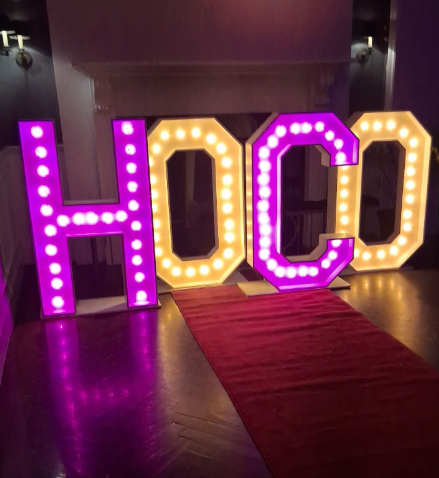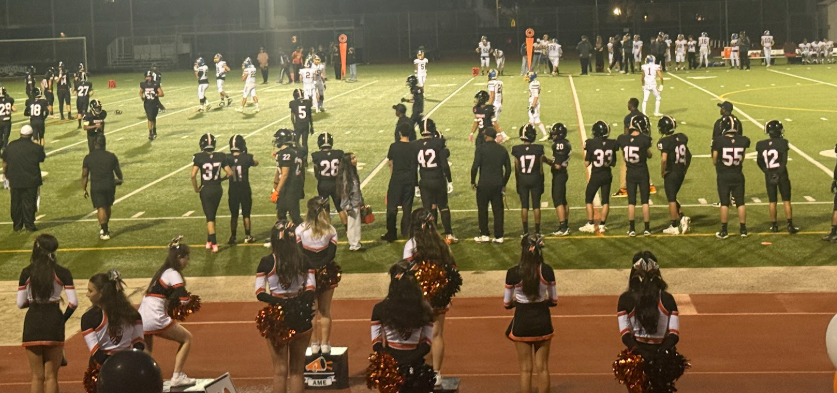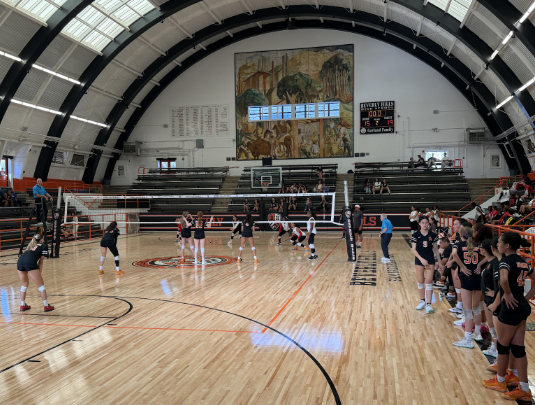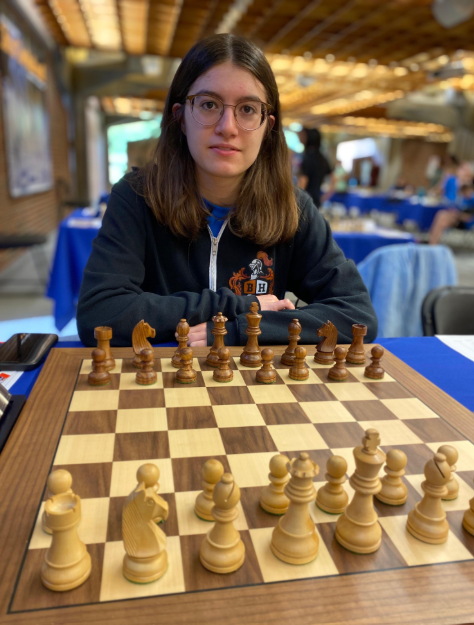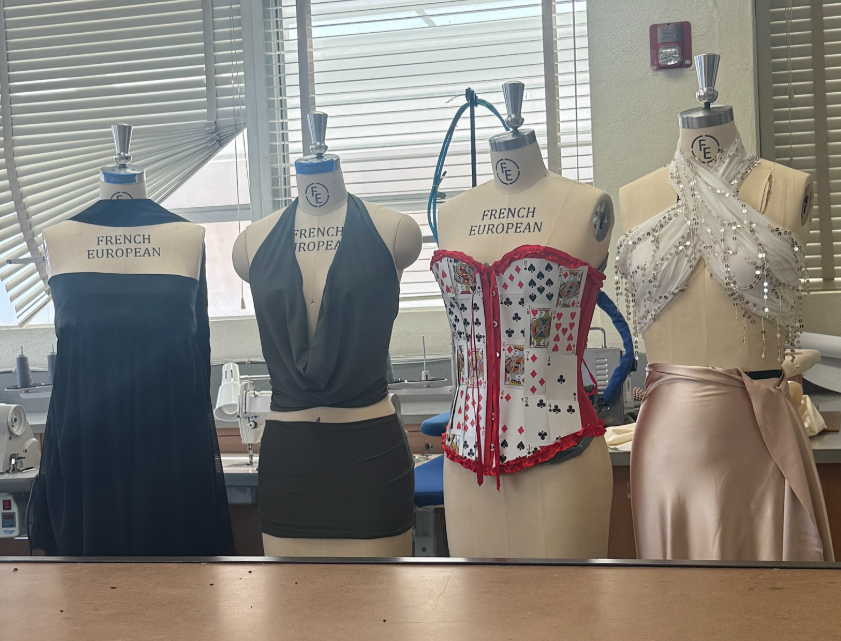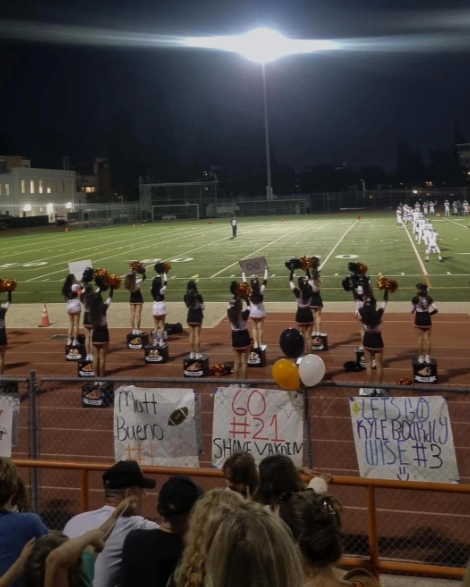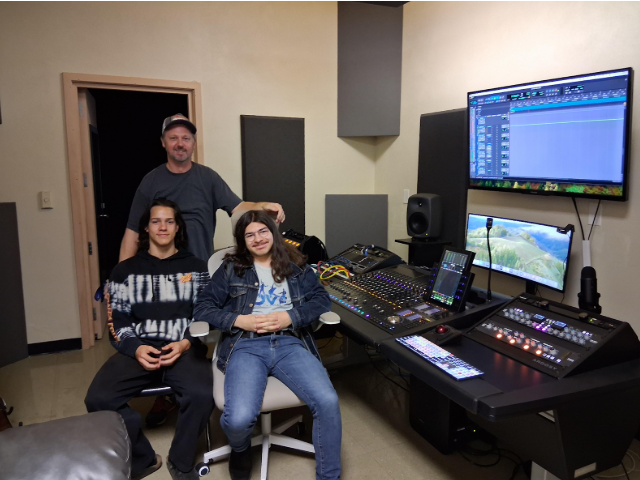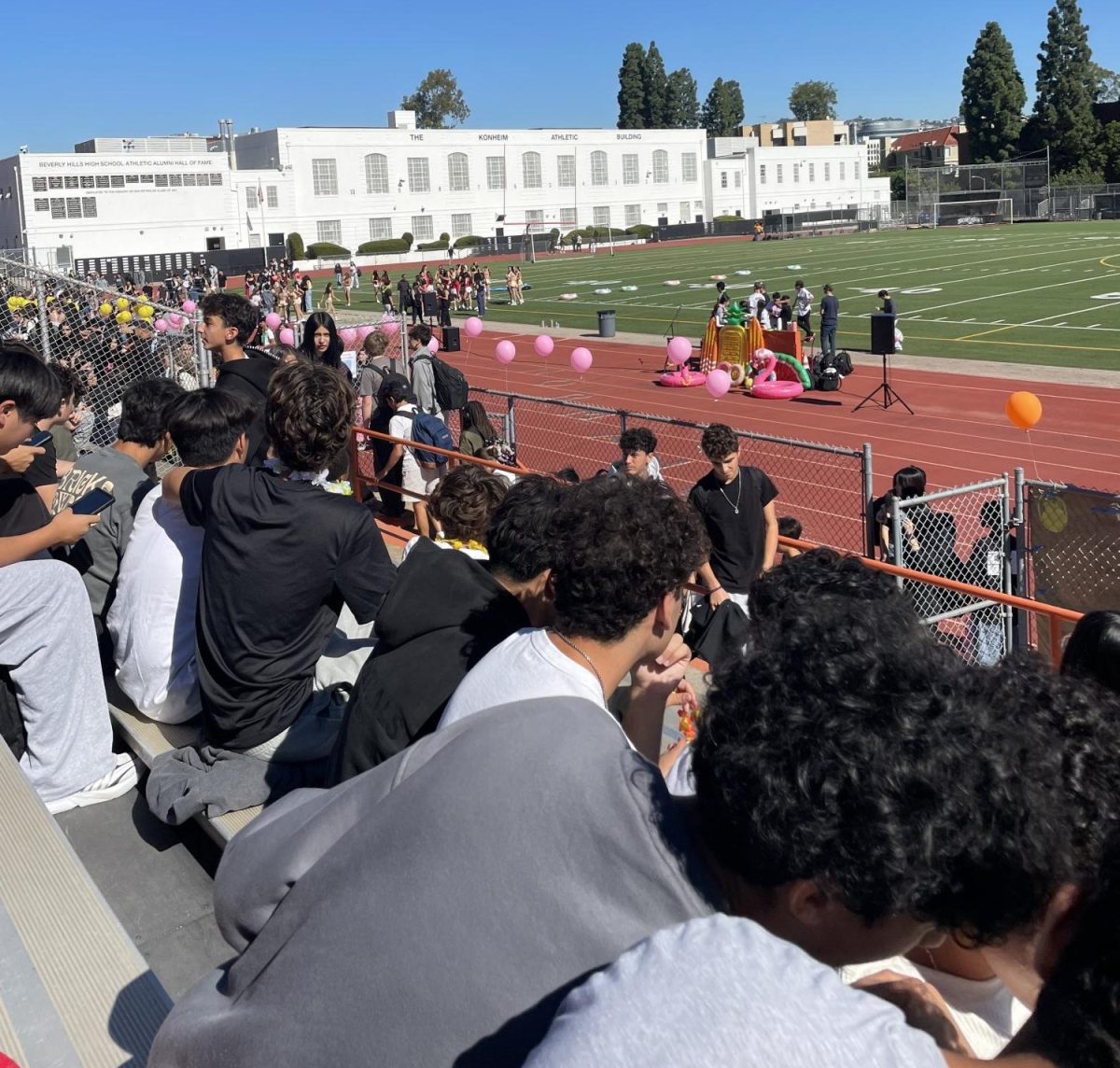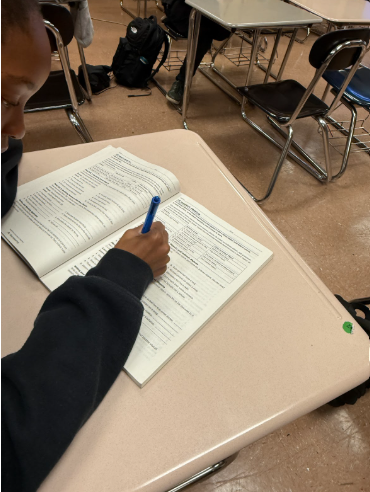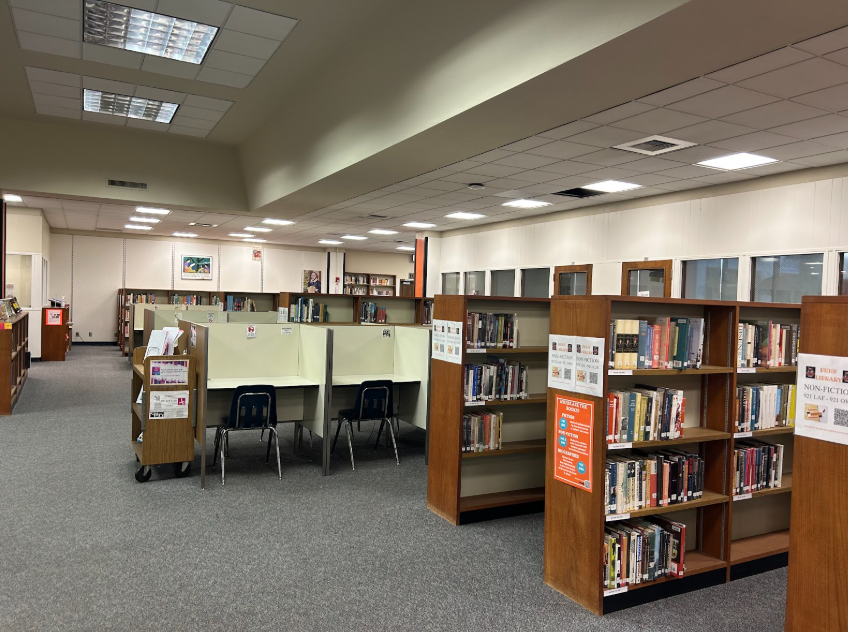Kate Kotlyar staff writer
Defne Onal staff writer
In order to combat a feeling of lack of representation, junior Chloe Levine started Our AAPI (Asian-American and Pacific Islander) Voices this year.
In the club, Levine hopes to have a friendly environment to safely discuss AAPI representation in media and around the world.
“We want to bring awareness and raise discussions about AAPI representation [in] media and the world in general, and also a chance for other AAPI artists and performers to get a chance to share their works with each other. [We] want to shed light on the lack of representation, or what type of representation there is,” AAPI member sophomore Rachel Kohley said.
The club hopes to be a safe space for the student body to discuss AAPI culture and representation, and to “include everybody,” according to Levine.
“I think by making it a safe space, we’d have to have this understanding that you’re not judging one another if [someone] slips up on something or someone doesn’t understand [something]. It’s not this idea of cancel culture. It’s the idea [that] we’re going to learn together. It’s a discussion space and it’s a learning space,” Kohley said.
The club supports GENup and Diversify Our Narrative in implementing an ethnic studies course to help combat the lack of representation and education.
“You can do your best to educate yourself right now, but everybody goes to school [and] everybody has the right to learn about this stuff. I feel like there’s a lot of really good literature by diverse writers and I don’t understand why you can’t supplement that, like have it for summer reading. [For example,] Woman Warrior, that was great, but I feel like a lot of people didn’t necessarily understand how much racism the author experienced and wrote about. I feel like a lot of kids need to know about that and I feel like a lot of that not understanding comes from not having that ethnic studies [course],” Levine said.
Additionally, if ethnic studies is not implemented, the club wants to reform history classes to teach about AAPI cultures because “the only time in our district that we discussed AAPI culture was in seventh grade…and world history,” Kohley said.
“I did take Honors World History last year. You assume when it says ‘World History,’ we’re going to learn about all of the world’s history, because all of it, in some way or another, impacts our culture and our lives. It could be named another mini European History class,” Kohley said. “[European history] is very important, but this idea that AAPI has so little impact on our lives in history is so untrue.”
Along with reforming history classes to include AAPI history in curricula, junior and AAPI member Tina Yang “wish[es]” that Beverly “had more language options available.” Mandarin used to be taught at Beverly, but “there was no longer… a high enough degree of interest for the program to continue,” according to Foreign Language Department Chair Corinne Carlson’s “best recollection.”
“I wish Chinese was a language [at Beverly]. A lot of schools teach Japanese. I understand we can’t teach every language, but Mandarin is the most spoken language on the globe right now. It’s kind of strange how we don’t offer that at our school,” Yang said.
AAPI member junior Jennifer Li has experienced the lack of media representation the club tries to combat.
“The fact that growing up while watching TV, any white character with dark brown or black hair, I thought were Asian characters because there was such a lack of Asian representation. Whoever looked somewhat like an Asian, I would just grab at that and I would be like, ‘You’re Asian,’” Li said. “When I found out that they weren’t Asian, I felt very lied to. The entire time that I thought I was being represented in media, turns out I wasn’t.”
Another aspect the club hopes to highlight is the lack of AAPI representation in music and theater. For example, according to the Asian American Performers Action Coalition (AAPAC), in 2017-18, only 6.9% of actors on Broadway were Asian-Americans.
“I love musical theater. I think a huge thing that I noticed in musical theater is that you severely lack representation. The lack of writers, the lack of directors, the lack of performers, and shows in general,” Kohley said. “[Also,] I would love it if our schools could do some sort of choral piece that was by an AAPI composer. I think that a lot of times, we celebrate these Eurocentric composers and their music, and it’s absolutely fantastic in the music industry––they completely paved the way––but I think it would be really fantastic if we could sing some songs that celebrated different AAPI cultures. And I don’t mean just Chinese, Japanese and Korean; I mean all of them. I want to learn about their music, and I want to be able to have a chance to sing and represent them.”
Despite struggles in the AAPI community, the club tries to “focus on the positive,” according to Kohley.
“I know Asia is not a perfect place, the Asian-American community is not a perfect place. As an example, there’s so much colorism in the Asian communities…There is an inherent racism in some parts of our culture and how we were raised. It developed with history, but that’s why it’s so important to be proud of our cultures but also make sure to use your time to fight against the bad parts of it,” Yang said. “But I [still] think we should be allowed to talk about our cultures, there should be a decent respect for humanity in those discussions. [I hope] we serve as a space where everyone can communicate their feelings in a proper way, where hopefully they don’t get attacked for it.”
New club discusses lack of AAPI representation
October 14, 2020
Junior Chloe Levine establishes Our AAPI (Asian-American and Pacific Islander) Voices as a new club to discuss a lack of representation. “I want to have discussions about AAPI representation in pop culture and media, and just raise awareness about the lack of representation,” Levine said. Photo courtesy of Chloe Levine.
0
Donate to Highlights
$125
$1000
Contributed
Our Goal
Your donation will support the student journalists of Beverly Hills High School. Your contribution will allow us to purchase equipment and cover our annual website hosting costs.
More to Discover

